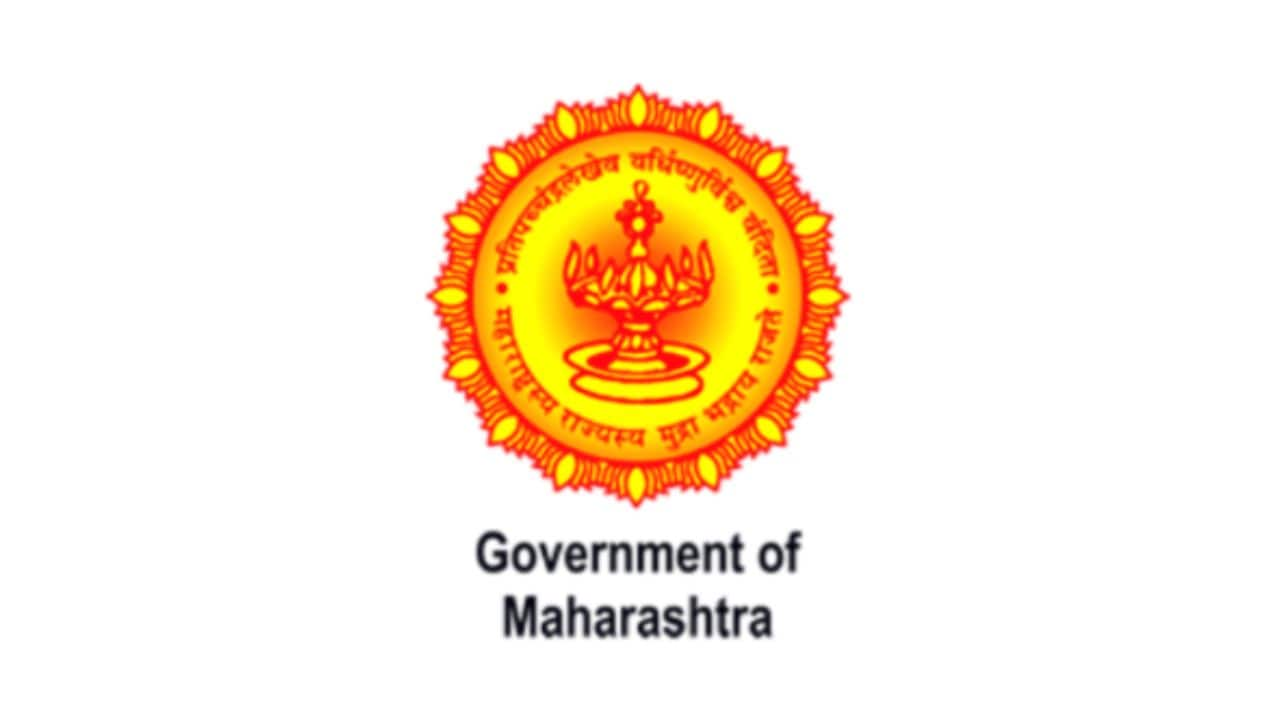As India’s digital economy continues its meteoric rise, one sector blazing ahead with unrelenting speed is online real money gaming (RMG). With millions of users and billions in transactions, the RMG space is not only thriving—it’s transforming into a formidable industry demanding both oversight and opportunity. Now, Maharashtra, India’s second-most populous state, is stepping up to regulate this rapidly evolving sector.
Following Karnataka’s recent announcement to bring in a licensing system for online skill-based gaming, Maharashtra is preparing to roll out its own version of oversight, complete with a licensing fee and a robust regulatory framework for companies operating in the online RMG space.
Minister of State for Home Affairs, Yogesh Kadam, recently informed the state’s Legislative Council that the government is actively working on stringent legal measures to combat financial fraud and cybercrime linked to online gaming platforms. “The Maharashtra government is formulating a uniform policy and stricter laws to regulate online gaming and tackle cybercrime,” Kadam stated, hinting at a sweeping transformation in how online skill gaming for stakes will be governed in the state.
Top government sources confirm that consultations are underway with industry stakeholders to shape the policy. Through this policy, the government is aiming for two-pronged goal: protect consumers from fraud and deception, while simultaneously legitimizing a booming sector through legal and economic channels. State IT Ministry, Revenue Ministry and Home Affairs are actively discussing formulation of the policy.
A top source involved in the discussions revealed, “A licensing fee structure is on the table, and a crackdown on illegal offshore betting companies is imminent. We are designing the policy to be forward-thinking and enforceable.”
Akshat Khetan, Founder of AU Corporate Advisory and Legal Services (AUCL), believes this step is not just timely—it’s essential. “The RMG industry has shown tremendous growth in recent years, becoming a major contributor to digital engagement and employment. With Maharashtra’s proactive stance, it has the potential to emerge as a significant source of tax revenue,” he remarked.
Khetan emphasized that a well-regulated framework would enhance investor confidence and promote responsible gaming practices. Given Maharashtra’s vast urban population and strong tech-savvy base, the move could translate into opening the doors for innovation and long-term sustainability. Khetan said, “A well-regulated framework will not only boost investor confidence but also encourage responsible gaming practices, leading to sustainable economic gains for the state.”
Legal experts point that several developments signal Maharashtra’s serious intent to regulate online skill gaming which includes formation of expert committees to study the implications and logistics of regulating RMG. Engagement with legal, financial, and technology stakeholders to create a robust and adaptable framework and alignment with broader digital economy trends while maintaining a commitment to user safety and accountability.
However, industry players are cautiously optimistic. They have long sought clarity in the regulatory landscape—a consistent rulebook to help them scale securely and innovate without fear of abrupt legal setbacks.
Maharashtra’s bold move also shines a light on a deeper structural issue: India’s fragmented regulatory ecosystem. Multiple states are now looking to regulate online gaming industry including Tamil Nadu and Karnataka.Roland Landers, CEO of the All India Gaming Federation (AIGF), pointed out that state-by-state laws have created a patchwork of compliance requirements that many gaming startups struggle to meet.
“Managing compliance across fragmented state-level laws is increasingly unsustainable. It’s not just about cost—it’s about legal vetting, app version changes by region, and navigating conflicting requirements,” said Landers. He stressed the disproportionate impact on smaller operators, who are often forced to exit markets due to the high compliance burden.
Landers strongly advocates for a central regulatory framework under the purview of the Ministry of Electronics and Information Technology (MeitY). Citing the IT (Intermediary Guidelines and Digital Media Ethics Code) Rules, 2021, he argued that the central government holds constitutional authority to regulate online skill-based gaming under Entry 31 of the Union List, as it pertains to communication and digital platforms.
While the call for central regulation gains momentum, legal experts caution that any national policy must respect the constitutional division of powers. Jay Sayta, a technology and gaming lawyer, highlighted the importance of distinguishing between skill-based games and games of chance. “A policy should clearly define what qualifies as a skill-based game, so betting platforms masquerading as games of skill don’t slip through the cracks,” Sayta noted.
He added that while central legislation is desirable, the government must engage with states in a spirit of cooperative federalism. Pending court cases will likely clarify whether the central government has the legislative competence to enact overarching laws. Until then, model legislation—developed in collaboration with state governments—could serve as a harmonious way forward.
Recently, a high-level meeting was chaired by Karnataka Home Minister G. Parameshwara, alongside the state’s Information Technology Minister, Priyank Kharge to consult with stakeholders on regulating online skill gaming industry. “There is nothing to regulate them so far. They have agreed to the introduction of a license system and regulation as per law,” Parameshwara stated. A committee has now been tasked with preparing a draft policy within a month. The regulations are likely to come by year end.
For an industry that thrives on innovation, a well-structured legal backbone could be the missing piece needed to propel India into a global gaming powerhouse—safely, ethically, and sustainably.
